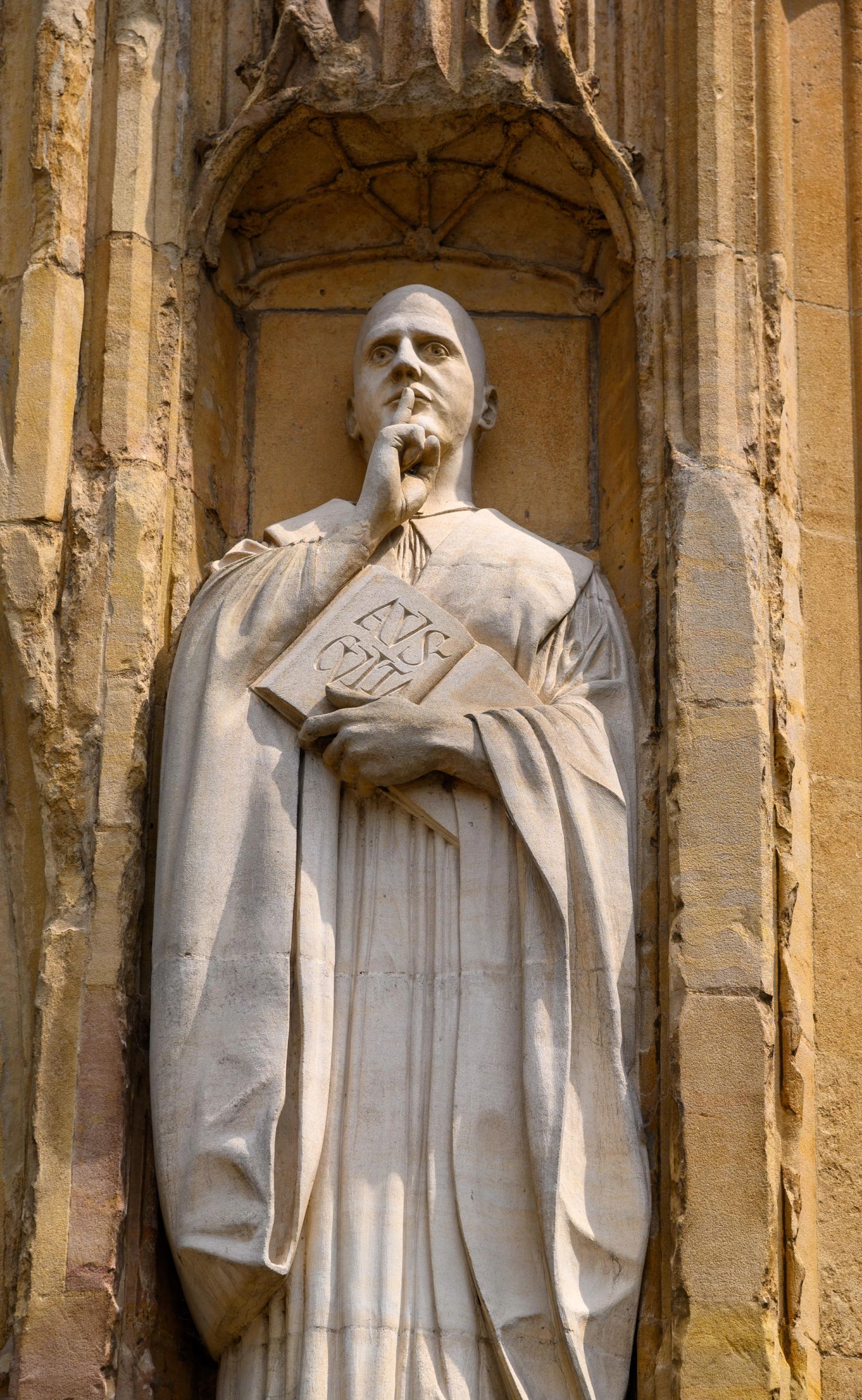St Benedict

The Father of Western Monasticism
St Benedict of Nursia (c.480-c.550) is known as the ‘Father of Western Monasticism’. Although he tried to live as a hermit, disciples attracted by his pastoral care and wisdom always gathered around him, so he came to found many monastic communities, most notably at Monte Cassino.
The Rule of St Benedict
The monastic Rule he drew up, notable for its spirit of humanity and holiness, had a profound influence on the development of the Western Church and society. Benedictine monasteries were places not only of worship, they were also centres of learning and education, of hospitality, of medical and social care, of agricultural and technical development, and of hospitality to pilgrims and other travellers.

Norwich Cathedral's Benedictine roots
Still today there are thousands of communities around the world which live according to his Rule. Norwich Cathedral from its founding in 1096 was a Benedictine priory until the dissolution of the monasteries in 1548, and the Rule remains an inspiration to the Cathedral community today.

